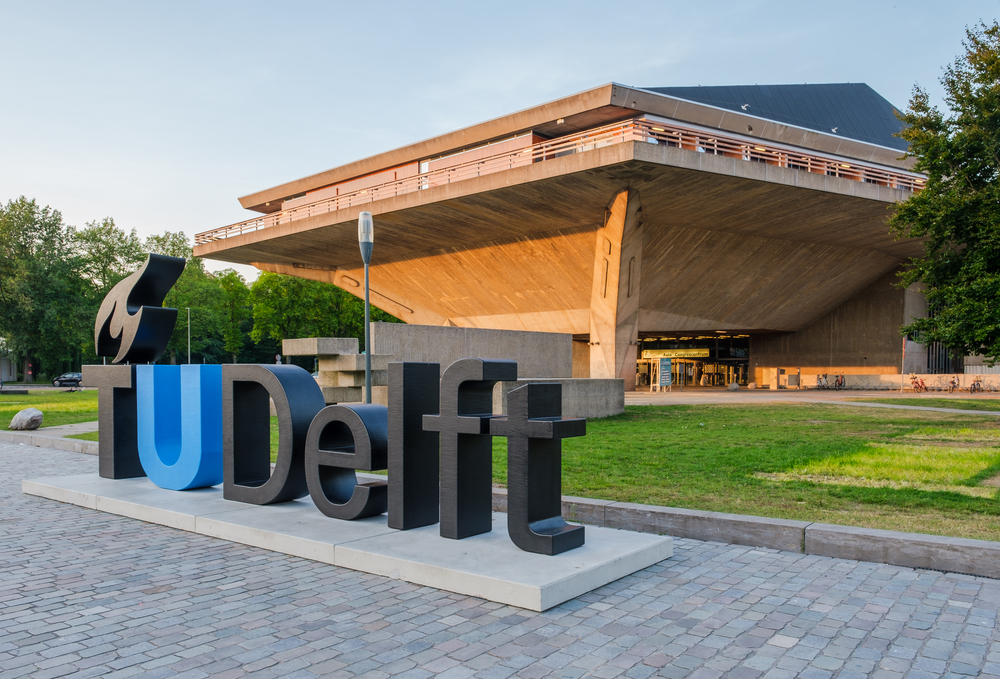Wilders’ immigration platform faces massive legal hurdles
Molly Quell
Dutch voters gave Geert Wilders’ anti-immigration platform a historic win at the ballot box this week. But, under existing laws, very little the PVV says it will do about migrants is possible.
“The Netherlands has hope… the people of the Netherlands will get their country back and the tsunami of refugees and immigrants will be limited,” Wilders told a cheering crowd at a Scheveningen cafe after the announcement of the general election results on Wednesday night.
But unless the Netherlands leaves the European Union, the Council of Europe and UN conventions, Wilders’ options are limited.
“There’s basically nothing he can do that won’t get shot down by the courts,” says Jeremy Bierbach, an immigration lawyer in Amsterdam.
The vast majority of migration law, from students to refugees, falls under the the European Union. And, despite what the PVV’s party programmes claims, countries cannot simply opt out.
The fight over asylum seekers is what ostensibly brought down the government of Mark Rutte in July, leading to November’s snap elections. Rutte demanded a cap on family members joining refugees which coalition members D66 and ChristinieUnie couldn’t support.
The 1951 United Nations Refugee Convention requires signatories to provide assistance to refugees, including the possibility of naturalisation. Even if the Netherlands were to leave the treaty, which is also in the PVV manifesto, the country would still be required under EU law to take in refugees, according to Karen Geertsema, an assistant professor of migration law at Radboud University.

“There is a large framework of protections,” Geertsema told Dutch News. The European Convention on Human Rights, the 1953 human rights treaty that established the European Court of Human Rights, also sets requirements for how refugees must be treated.
Previous attempts to reduce the number of refugees, such as quotas or broad restrictions on who can apply, have failed. “Decisions must be taken on a case-by-case basis,” says Geertsema.
“The Netherlands keeps inadvertently strengthening immigrants’ rights,” Bierbach says. In 2017, the European Court of Justice – the EU’s top court – ruled against the Netherlands and found that non-Dutch parents of Dutch children have some legal rights to live in the country. More recently, the Luxembourg court found that the Netherlands must give a Thai woman a residency permit so her Dutch son can take advantage of his rights as a European Union citizen.
The bulk of foreigners in the Netherlands come from within the European Union, including so-called arbeidsmigranten, or labour migrants, who work on farms, at construction sites and in slaughterhouses.
A foundational tenant of the European Union is freedom of movement. In fact, European Union citizens have had the right to work in another country since 1961, two years before Wilders was born. Another point in the PVV’s platform is requiring work permits for EU nationals, something both Bierbach and Geertsema say is also not possible under existing regulations.
Another PVV proposal is to opt-out of certain EU immigration directives, like the Asylum Procedures Directive which harmonises asylum procedures across the bloc. Denmark is exempted from certain provisions of migration law, but it negotiated those when the country signed the Treaty of Amsterdam in 1997. Changes now would require a unanimous vote from all 27 member states.
Highly-skilled migrants
It would be possible for a PVV government to restrict immigration from non-asylum seekers from non-EU countries, who are here on “highly skilled migrants” visas, which would stop people coming to work for Shell, ASML and tech industries. According to Bierbach, the EU allows for a lot of leeway in deciding how many or how few non-EU nationals can come for well-paid jobs.
As D66 leader Rob Jetten pointed out in the final debate ahead of the election, the country currently has more than 100,000 job vacancies. “There would be side effects for the economy,” Geertsema says.

International students and researchers are also protected under EU law. The government could, however, use some indirect moves to reduce the number of internationals who come to study or work at universities. “[NSC leader Peter] Omzigt proposed limiting English courses at university, for example,” Bierbach says.
Of course that wouldn’t limit the number of foreign students, just the number of students who speak Dutch. “People can learn Dutch,” Bierbach noted.
One group particularly worried after the election results were the British, who lost their EU citizenship after Brexit. According to Bierbach, they are also protected by EU law under the Withdrawal Agreement. Brits who arrived in the Netherlands prior to Brexit are entitled to the same benefits as other EU citizens.
Existing law
Wilders, who has been in politics since 2006, is almost certainly aware that his policies are at odds with existing law. He could try to push forward with them anyway and then blame judges for being at odds with the will of the people, something that’s already been seen in Britain and the United States.
Or, Wilders could convince the country to “Nexit” the EU, the Council of Europe and the various United Nations treaties he doesn’t like. While his probable coalition partners may share some of his anti-immigration views, they don’t share his isolationism.
It took five years for the Britain to leave the European Union. Even Rutte was unable to keep a coalition together for that long.
Thank you for donating to DutchNews.nl.
We could not provide the Dutch News service, and keep it free of charge, without the generous support of our readers. Your donations allow us to report on issues you tell us matter, and provide you with a summary of the most important Dutch news each day.
Make a donation